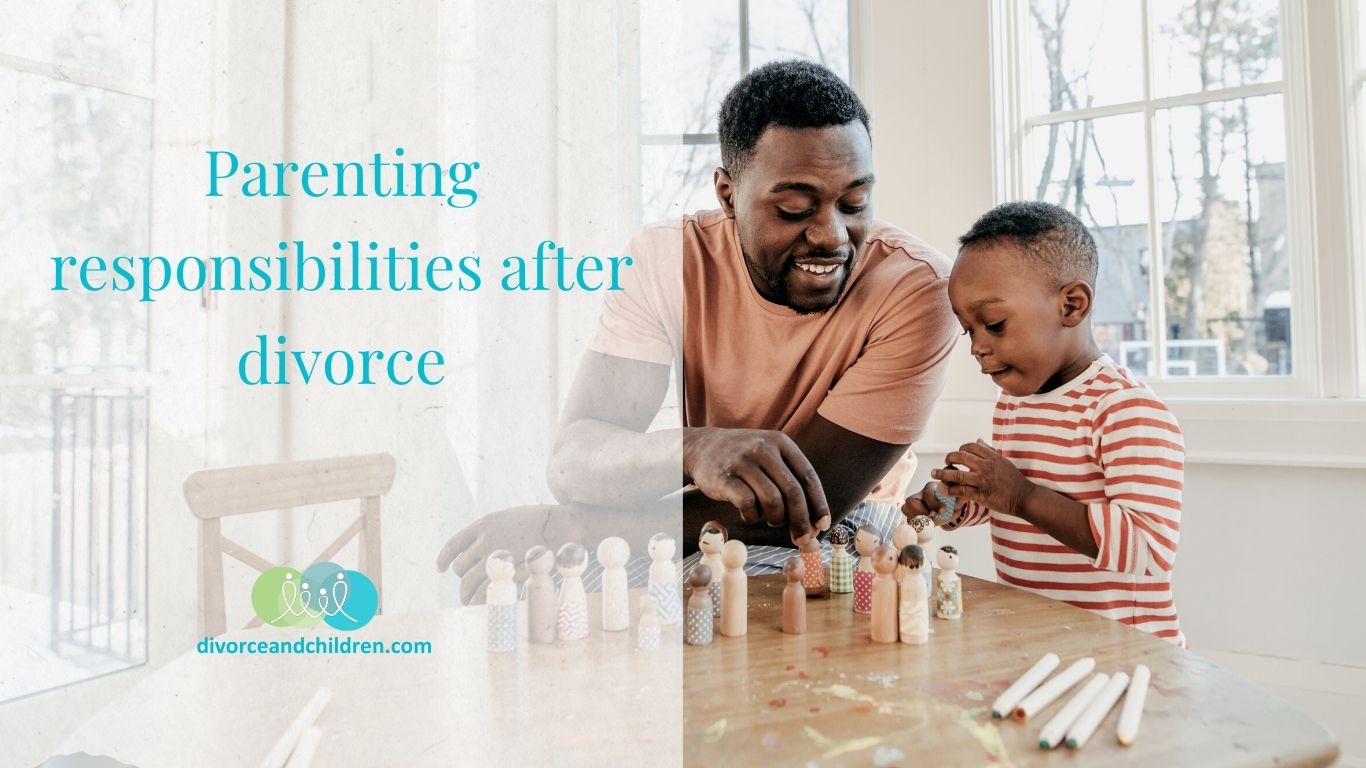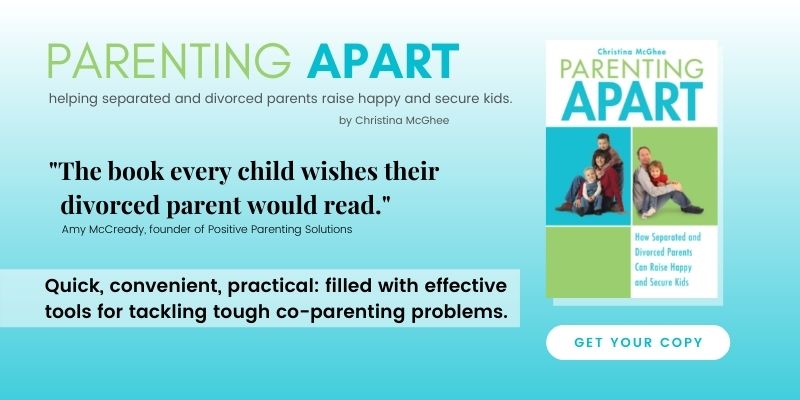Rethinking parenting responsibilities after divorce
In an ideal world, as a couple with children you work together to juggle the day-to-day needs of your kids. Getting homework done, monitoring how long they surf the web, shuffling them to appointments and football practices, all the while making sure they’re loved, fed, bathed and relatively safe. That’s the stuff parenting is made of, isn’t it? However, when you divorce many of those parenting responsibilities you once collectively shared quickly become the subject of scrutiny.
Unfortunately along with dividing up what we owe and what we own, we inadvertently throw child rearing into the mix. In the midst of our anger and hurt, we mistakenly assume that because we are separating lives we should also separate parenting responsibilities.
It’s a common problem many parents face. After all, who wants to think about parenting with someone you don’t want to be married to anymore. In my coaching practice I’ve seen this dynamic play out lots of different ways. Sometimes it involves one parent cutting the other out of the loop and taking charge of all the parenting responsibilities. Their reasoning, “I’ve always done everything why should anything change now?” The end result, however, is usually one very tired, resentful and overwhelmed parent. Meanwhile the other parent, who feels undervalued, overcompensates by becoming the “good time” parent.
In other cases, one parent may be open to sharing parenting responsibilities but the other has a “my way or the highway” attitude and so the struggle for absolute control ensues. I’ve also seen situations where one parent just gives up all together and never plays an active role in their children’s lives. Of course, the kids end up losing the most when this happens.
While it is by no means an easy transition, if the ultimate goal is to raise well-adjusted children we need to find someway to dig deep and stay focused on one another’s parenting strengths instead of capitalizing on each other’s deficits.
So how do you get from here to there?
Give each other and yourself time to adjust
Realize that right out the gate, things may not be easy or ideal. Each of you may need some time to let the dust settle. In the early stages do your best to engage in good co-parenting etiquette. Regardless of how the other parent acts, whenever possible share information, include them in important decisions and support their role in your children’s lives.
Be willing to develop new skills
In your marriage you may have become used to parenting a certain way. Now that you’re parenting differently, you will need to become more adaptable. Perhaps you once relied on the other parent to lead the charge when it came to communicating with your children’s school, now it’s time for you to pick up the ball. On the flip side, if you’ve been the parent who is used to taking control of the helm, you may need to work on stepping back and giving your ex a chance to step up.
Don’t get hung up on how many hours you clock in
When developing a parenting schedule and sharing responsibilities, keep in mind it isn’t about who is the better parent but rather what’s best for your kids. Instead of negotiating your child’s day-to-day life away, consider taking an objective look at what life was like before you separated. Ask yourself, what about your child’s life needs to stay the same and what needs to change?
Use a two home concept
Regardless of how time or parenting responsibilities are shared, children benefit most when they feel a sense of connection and belonging with each parent. Actively support that connection by referring to each household as a home (i.e. your home with Mom and your home with Dad)
Be open to change
What works today may not work tomorrow. While providing consistency is important, be open to the value of flexibility. As children grow and change often arrangements will need to change with them.
Looking for more practical tips and strategies?
Check out PARENTING APART – the book. Offering separated and divorced parents the tools they need to raise HAPPY and SECURE kids.
As an app subscriber, get your free complimentary sample chapter here.






